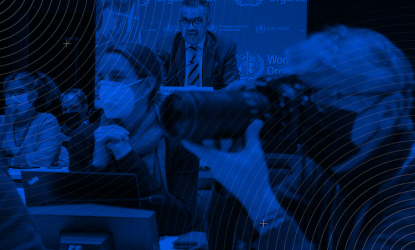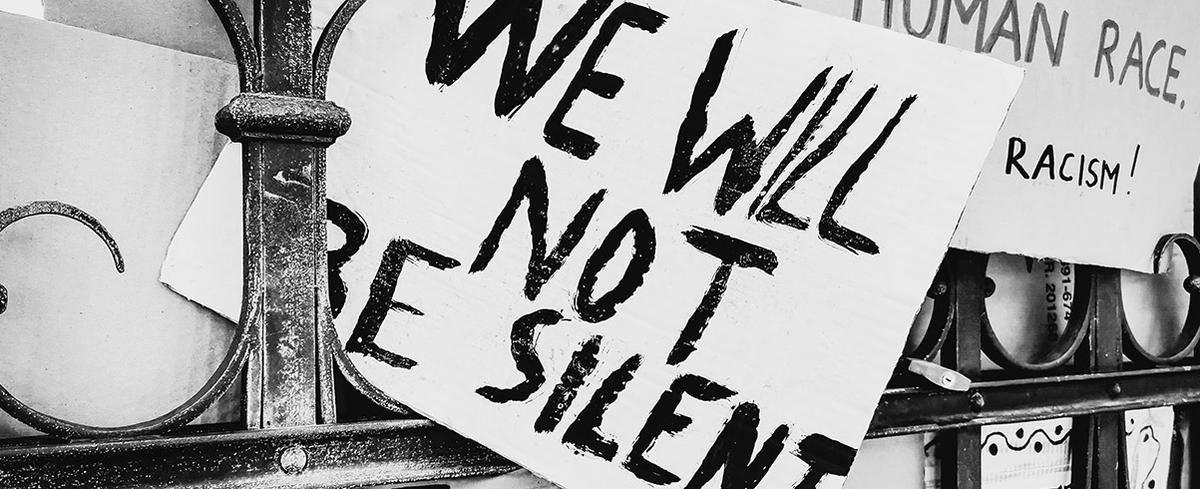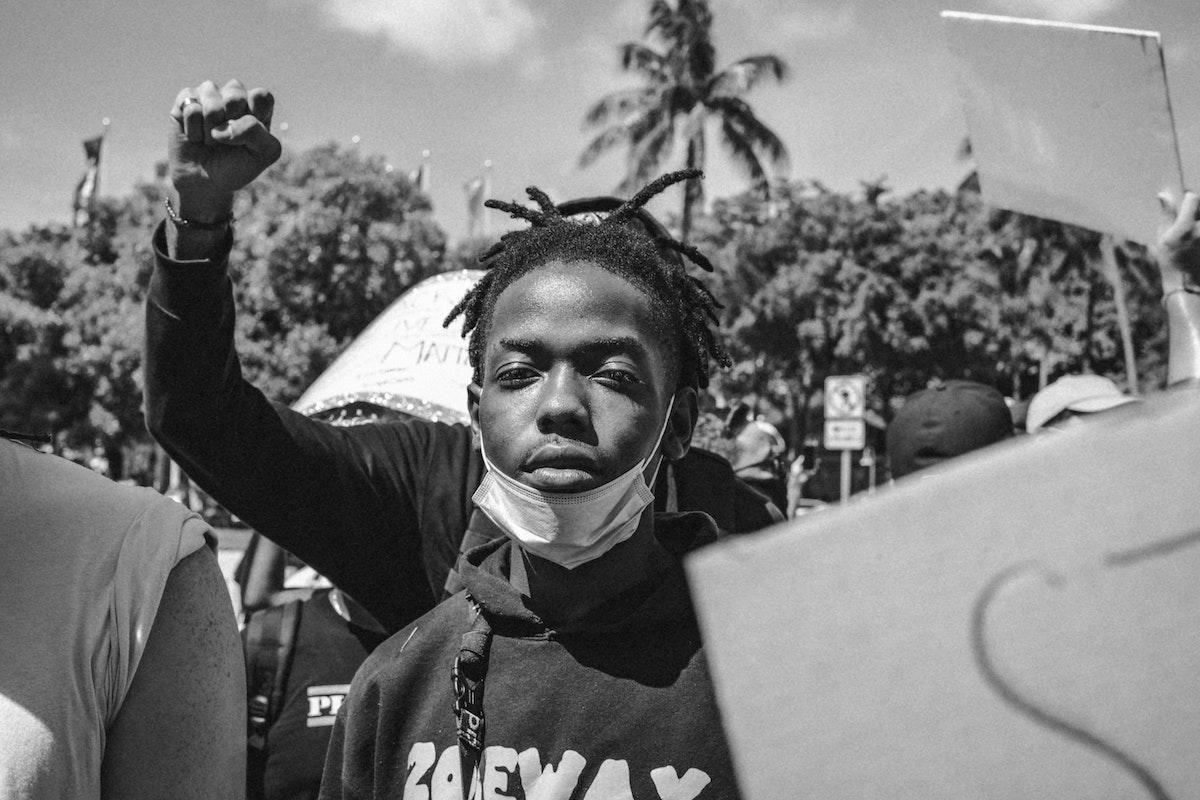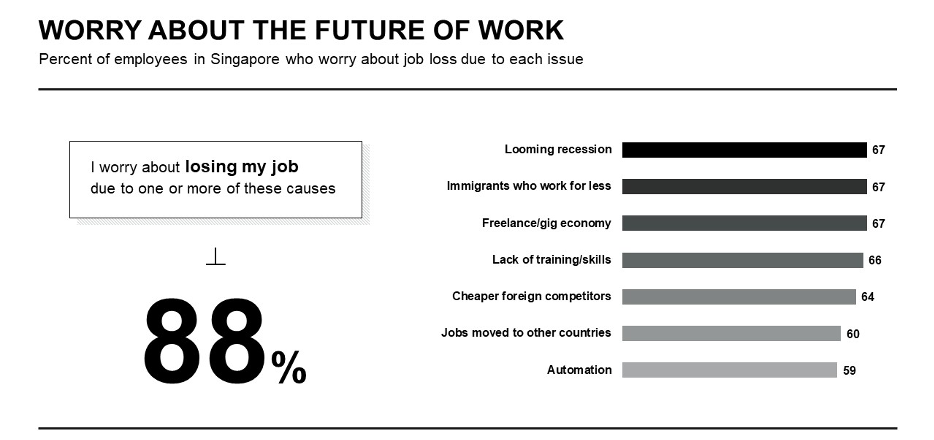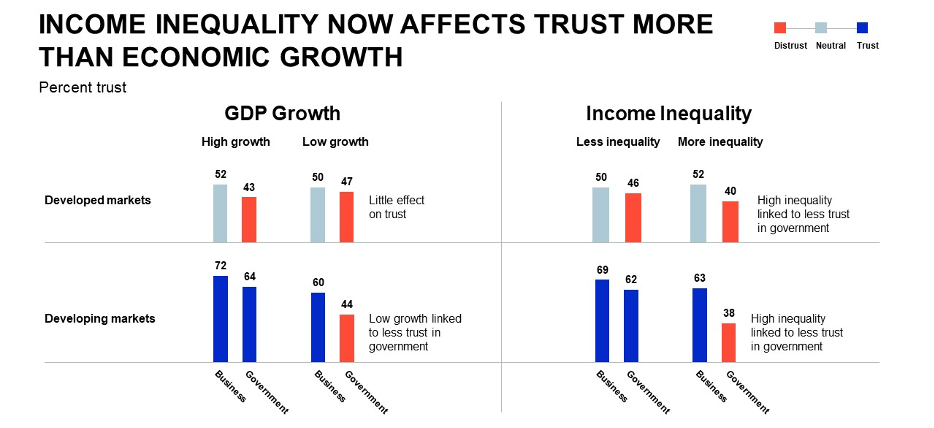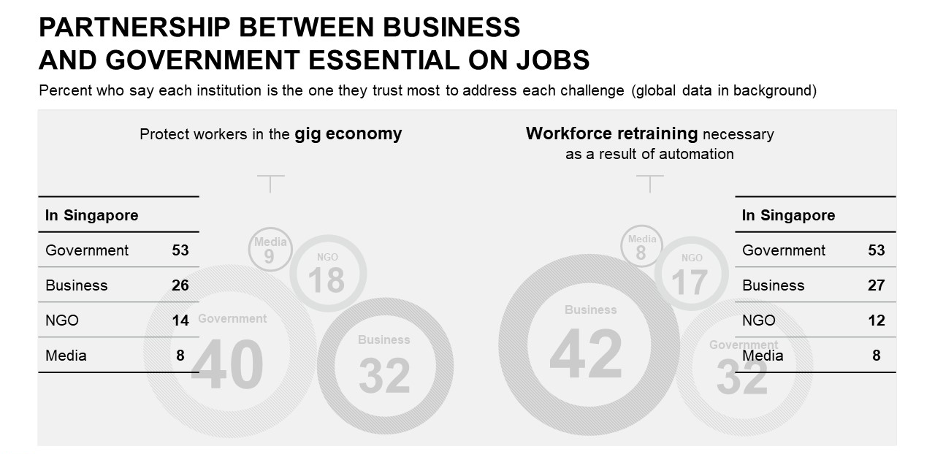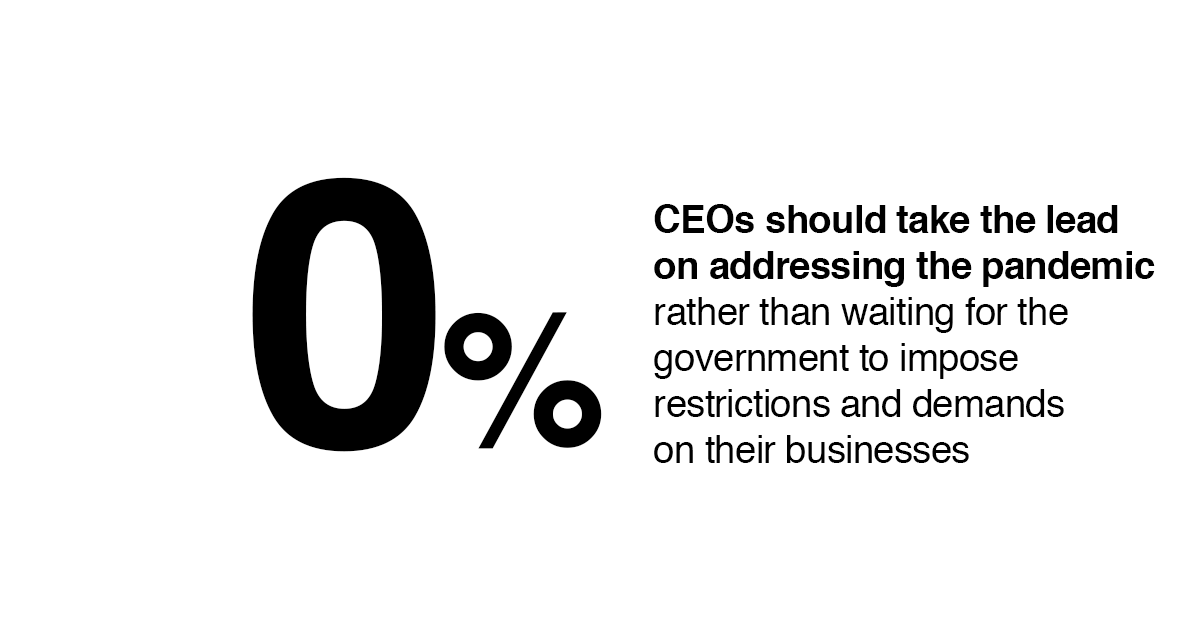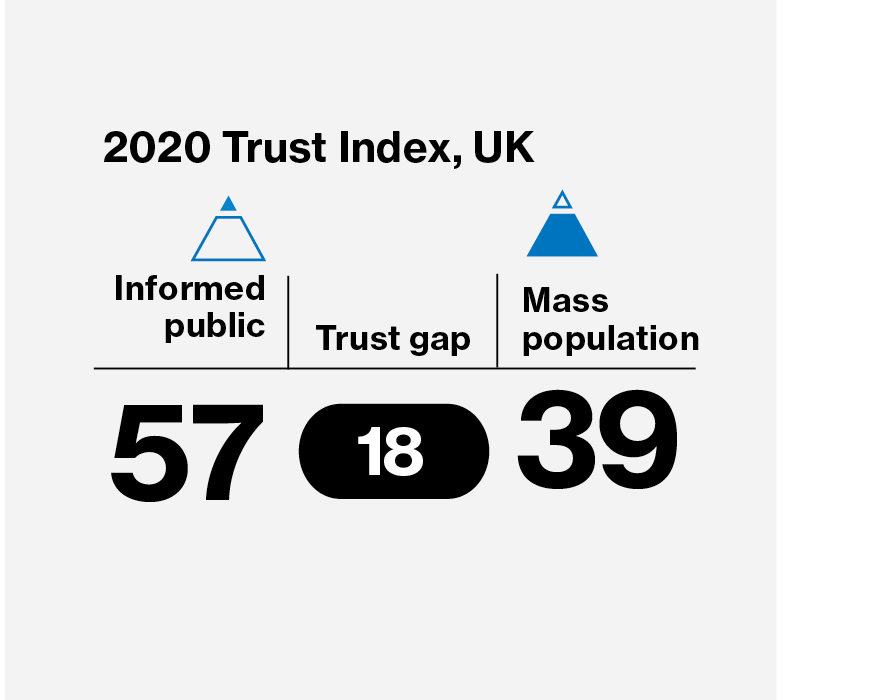Jacob Blake and Daniel Prude are names new to the American consciousness. George Floyd and Breonna Taylor were new names earlier this summer.
The names are new but we can’t help but feel we’ve seen this film before, each time with a different character. Trayvon. Tamir. Sandra. Michael. Rodney. Emmett.
For Black Americans, the topic of Trust is a tricky one. In the context of slavery, lynching, redlining, segregation, unequal pay, violent police brutality, mass incarceration, and repeat macro- and microaggressions, the idea of measuring Black Americans’ trust in institutions feels perfunctory.
Our newest research tells us what many knew all along. To be Black and to trust that business, government, and society will do right by you is to will away centuries of evidence to the contrary.
- For Black Americans, institutional mistrust is substantial. Black Americans are less likely than other people of color to trust American institutions. They mistrust of NGOs (49 percent trust), Media (48 percent trust), Business (45 percent trust), and government (34 percent trust). They have little trust in small businesses (51 percent) and their employers (59 percent).
- Black Americans have higher hopes for business, but they give it a lower report card. For Black Americans, the stated obligation for business to create change, educate the public, and get their own house in order is higher. But businesses’ performance on all three topics is lower.
- Racism at work is obvious, widespread, and poorly-addressed. A whopping 77 percent of Black Americans see racism in their workplace, compared to 66 percent for Latinx and 65 percent for Asians. Only 20 percent of Black Americans believe their employers have made significant progress in redressing racism at work.
- The Black community has low confidence in CEOs to address the problem. 55 percent of Americans and 65 percent of Black Americans now believe that CEOs have an active responsibility to be anti-racist. But 71 percent of all Americans believe that most CEOs are incapable of recognizing the racism that exists all around them. And 29 percent believe that CEOs themselves are deeply racist.
In the simple language of Glenn Rivers, we continue to love a country that doesn’t love us back. To put it bluntly: If business, government, and other institutions truly cared, we wouldn’t be where we are today.
Diversity & inclusion has long been HR-speak, a check-the-box exercise for corporations that rarely receives strong funding or institutional clout. But as widespread awareness of systemic racism intensifies, smart corporations will begin to think differently about their role in solving it.
With trust in government a disturbingly low 36 percent on this issue, it falls to business to carry forward Americans’ call for change. The companies that win will be those that follow a new playbook:
- They’ll work to reflect the full diversity of the country in every aspect of their operations;
- They’ll create change, galvanizing their communities to become involved in equity-driving programs;
- They’ll create zero-tolerance policies for employees, vendors, and symbols that express racist thinking;
- And they’ll partner to educate their workforces and the public on the underlying causes of inequality in the U.S.
Too often, corporations have used coded language to talk about Black America. We talk about people as “diverse hires” without recognizing that a person can’t be diverse; only a community can. We say “minorities” or “people of color” versus using clear language and terms to describe the problem and its solutions.
In fact, we are so indoctrinated by the dominance of white culture that we’ve failed to recognize that the people we call “minorities” are actually emerging as the majority thanks to demographic shifts. White Americans make up 75 percent of the population 55+, but only 56 percent of those 18–34. Kids ages 1–5 in the U.S. are minority white.
The corporations that will win in the long term will play the long game, preparing for a new future where diverse, equitable and inclusive workplaces actively address racial inequality. And smart corporate leaders will show true and explicit cultural awareness, recognizing that we are living through a massive, widespread shift toward anti-racism.
Police violence is a manifestation of white supremacy—a problem with a 400-year history that has yet to find a tangible solution.
For business, the challenge is huge. But so is the opportunity.
Lisa Ross is Edelman’s U.S. Chief Operating Officer




